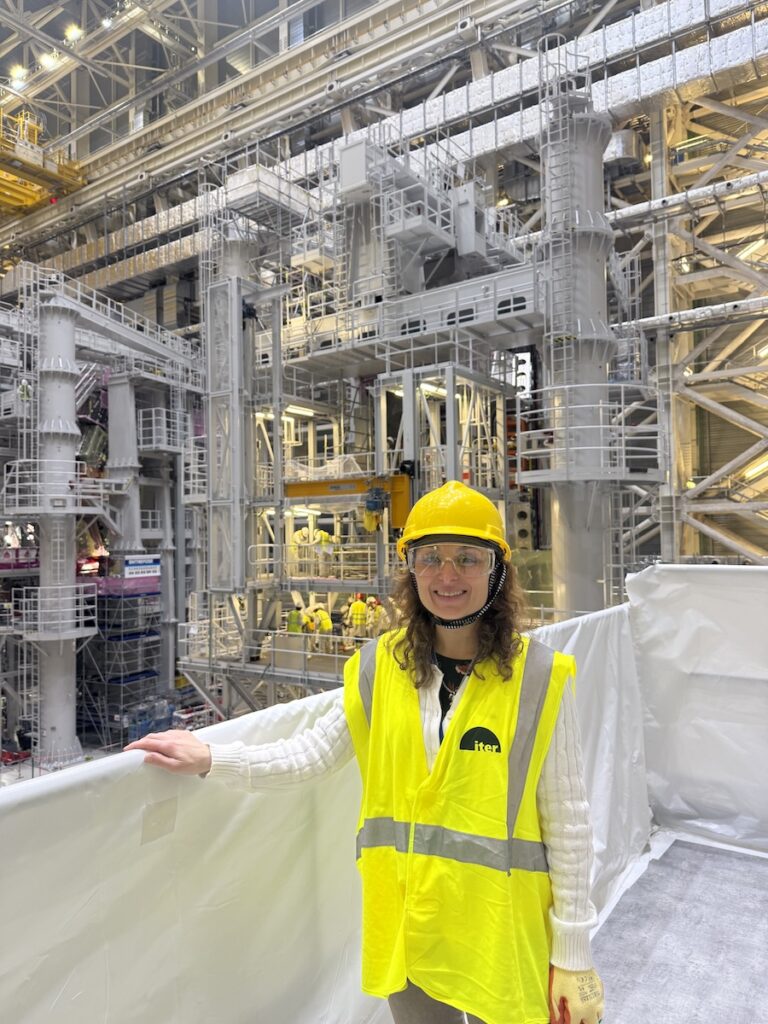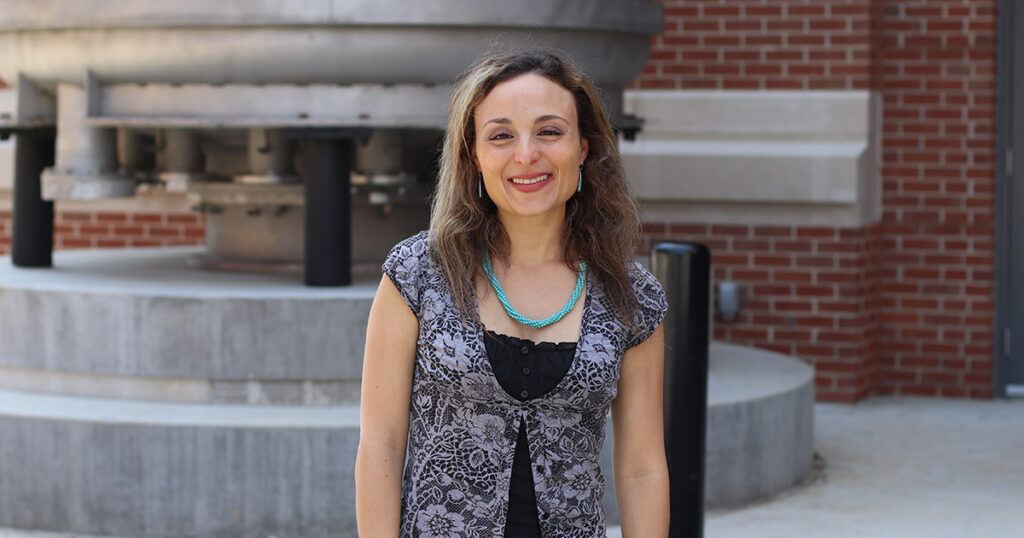Livia Casali, an assistant professor and Zinkle Fellow in the Department of Nuclear Engineering, was among a group of selected experts who met at ITER headquarters in France in February to define the main details and phases of the new International Thermonuclear Experimental Reactor (ITER) research plans.
ITER is an international nuclear fusion research and engineering megaproject aimed at demonstrating the feasibility of fusion energy. The project seeks to replicate the energy-producing process of the sun by fusing hydrogen isotopes to generate immense heat, which could eventually be harnessed for electricity production.

ITER, currently under construction next to the Cadarache facility in southern France, is a collaboration among 35 nations, including the United States, European Union, China, India, Japan, Russia, and South Korea. It represents one of the most ambitious scientific efforts in history, with the goal of producing 10 times the energy input, a crucial step toward commercial fusion power.
Casali was one of five representatives from the U.S. included in the expert group. Among the topics discussed were: objectives, assumptions and machine configurations, overall strategy and main experimental blocks, plasma scenarios and supporting analysis, experiments per block and required time, and deliverables of each campaign.
“It is incredibly exciting to contribute directly to the ITER plan and collaborate with experts from around the world,” Casali said. “Fusion has the potential to revolutionize our energy future, and being part of this historic endeavor is both an honor and a challenge.”
Contact
Rhiannon Potkey (865-974-0683, rpotkey@utk.edu)
